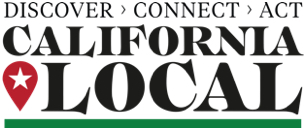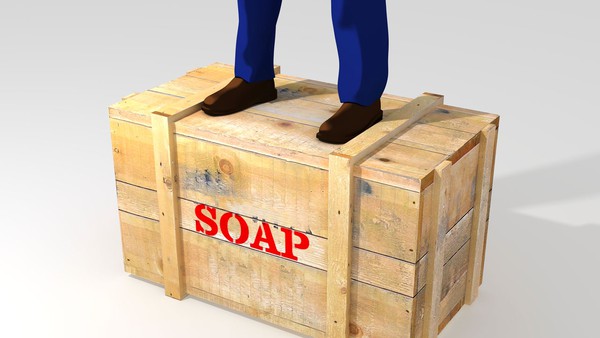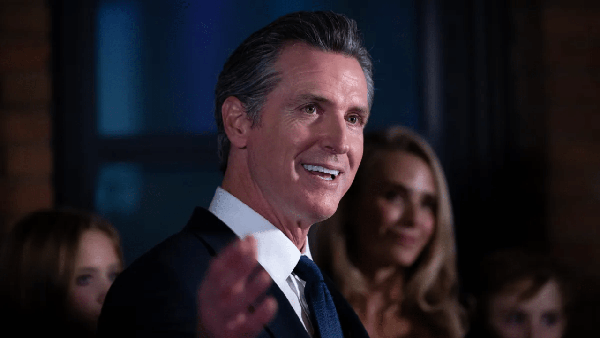According to MLB manager Frank Robinson, close only counts in horseshoes and hand grenades—not baseball. And despite the verbal grenades lobbed during campaign season, close doesn’t count in elections, either. Voters are the umpires—they decide who’s out and who’s safe.
Almost one week after Election Day, however, we can see just how arbitrary those decisions can be. Control of the U.S. House of Representatives hangs on a handful of congressional races that are still too close to call, including nine in California—and some might not be settled before Thanksgiving.





